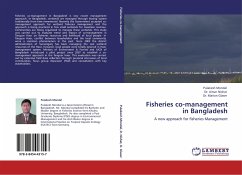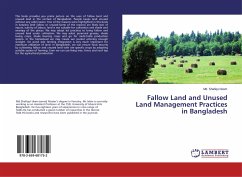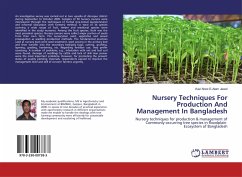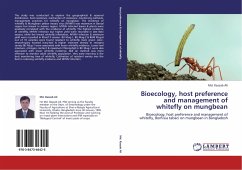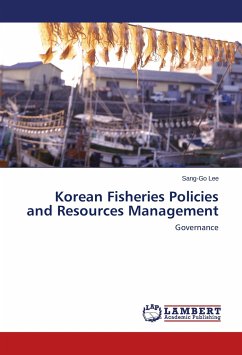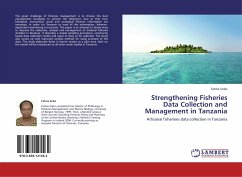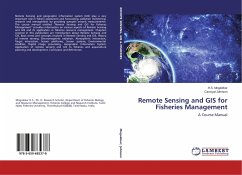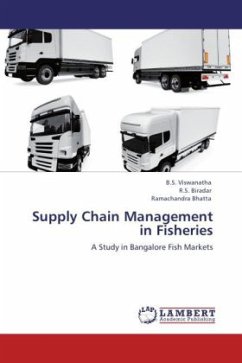Fisheries co-management in Bangladesh is very recent management approach. In Bangladesh, wetlands are managed through leasing system traditionally from time immemorial. Recently the Government accepted co-management approach for wetland fisheries management and this approach is being practiced in few small wetlands for maximize revenue. Communities are being organized to manage these wetlands. This study was carried out to evaluate trend and impact of co-management in Tanguar Haor on fisheries resources and livelihood of local people. In Tanguar Haor, conflict between leaseholders and the local community were a common phenomenon in the past. Since 2003 the district administration of Sunamganj has been managing the vast wetland resources of the Haor, however, local people were totally ignored in Haor management system. Ministry of Environment & Forests and IUCN of Bangladesh introduced a pilot project since 2007 to establish a co-management approach in the Tanguar Haor. This evaluation was carried out by extensive field data collection through personal interviews of local communities, focus group discussion (FGD) and consultation with key stakeholders.
Bitte wählen Sie Ihr Anliegen aus.
Rechnungen
Retourenschein anfordern
Bestellstatus
Storno

